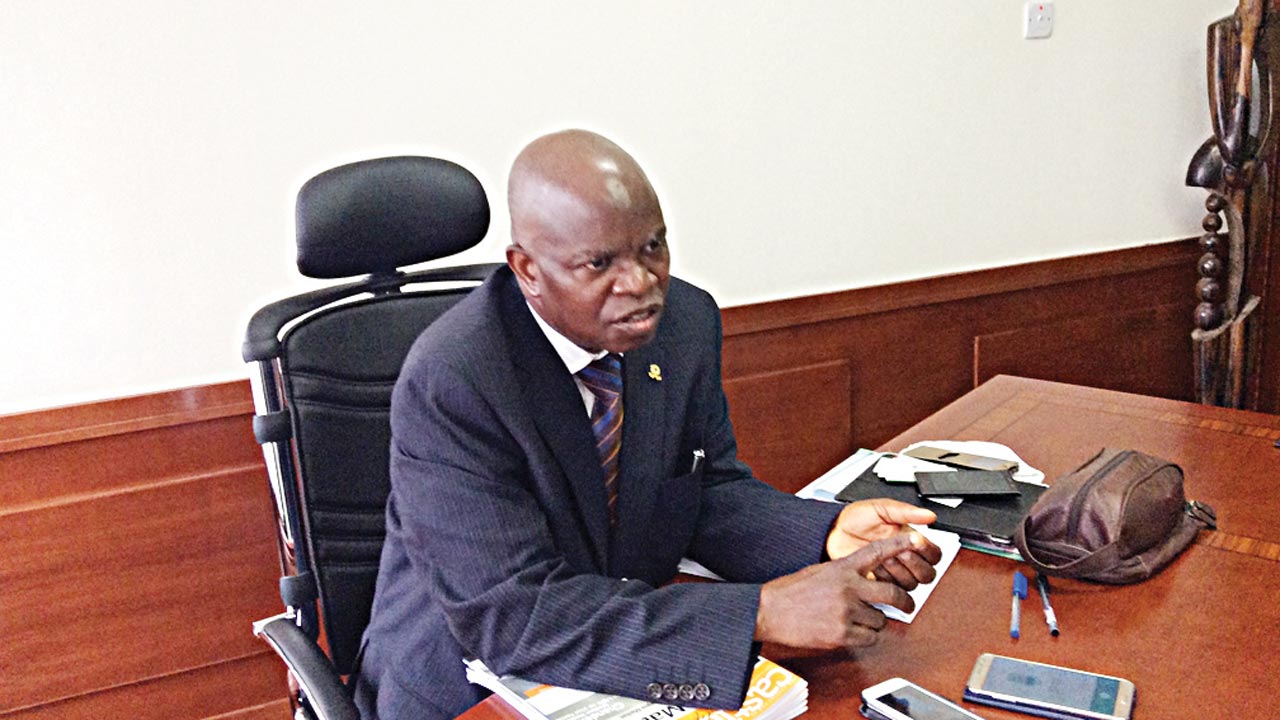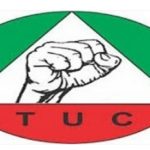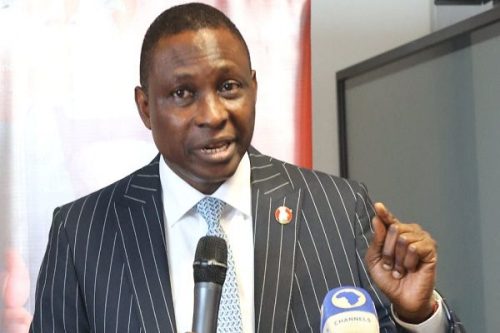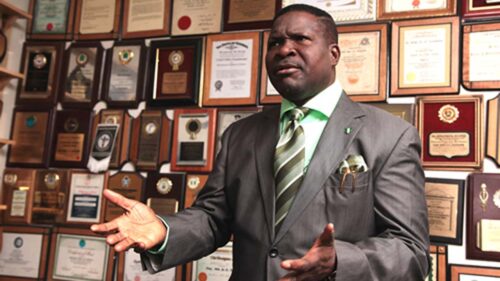CIBN tells FG to commit economic diversification

The President of the Chartered institute of Banker of Nigeria (CIBN) Professor Segun Ajibola, wants the federal government to show strong commitment to the diversification of the economy from oil for the country to come out from the recession.
He made this call while speaking at the 2016 Annual Dinner of the Nigeria International Chamber of Commerce (ICCN) held recently in Lagos, saying that there is the need for government at all levels to involve establishing a Task Force that would review other countries’ experience that had been in a similar situation like and learn from them.
He explained that government should support the Small and Medium Sized Enterprises by providing the enabling environment for business growth and production of goods and services that would compete favourably in the global market.
According to him, “There is the need for the application of cutting edge technology by agencies saddled with the responsibilities of promoting non-oil exports. This would simplify most of the processes, remove bureaucratic bottlenecks and significantly reduce the likelihood of corruption associated with manual processes.”
He also pointed out the need for continuity in policy implementation from one government to the other since governance is a continuous process.
“The government must intensify efforts, through its protectionist policies and initiatives, to ensure that local industries are given the room to thrive as the menace of concerns such as smuggling and dumping of cheap imports are now more prevalent than ever,” he added.
He noted that government must also tackle the international barriers to the export of Nigerian goods as part of the diversification goal, stressing that the federal government must intensify efforts to boost the acceptability of Nigerian products within Africa and beyond.
In this vein, he advised the government to deliberately devalue its currency against other currencies in order to make export of its goods and services cheaper to the outside world while making imports into the economy more expensive.
Ajibola, however, said that the policy is usually employed to boost exports of goods and services. He said an example of this is China’s ever-growing export sector.
According to him: “Between 1995 and 2005, China’s policy was to maintain the exchange rate of the Yuan against the Dollar at $1 for 8.28 Yuan, the constant devaluation of the Chinese Yuan during this period largely contributed to the growth thrust of China’s export market, and helped to achieve a current account surplus of $162 billion.”
He also advised the government on the issues of foreign dumping. He stressed that the caution of the government will prevent the “dumping” of foreign, often cheap and of low quality, goods into an economy causing local firms to close down.
Ajibola therefore mentioned that Government subsidies are also used to enable local firms compete favourably with their foreign counterparts. These are often in forms of cheap loans or lump-sum payments to bulging firms within a local economy.










